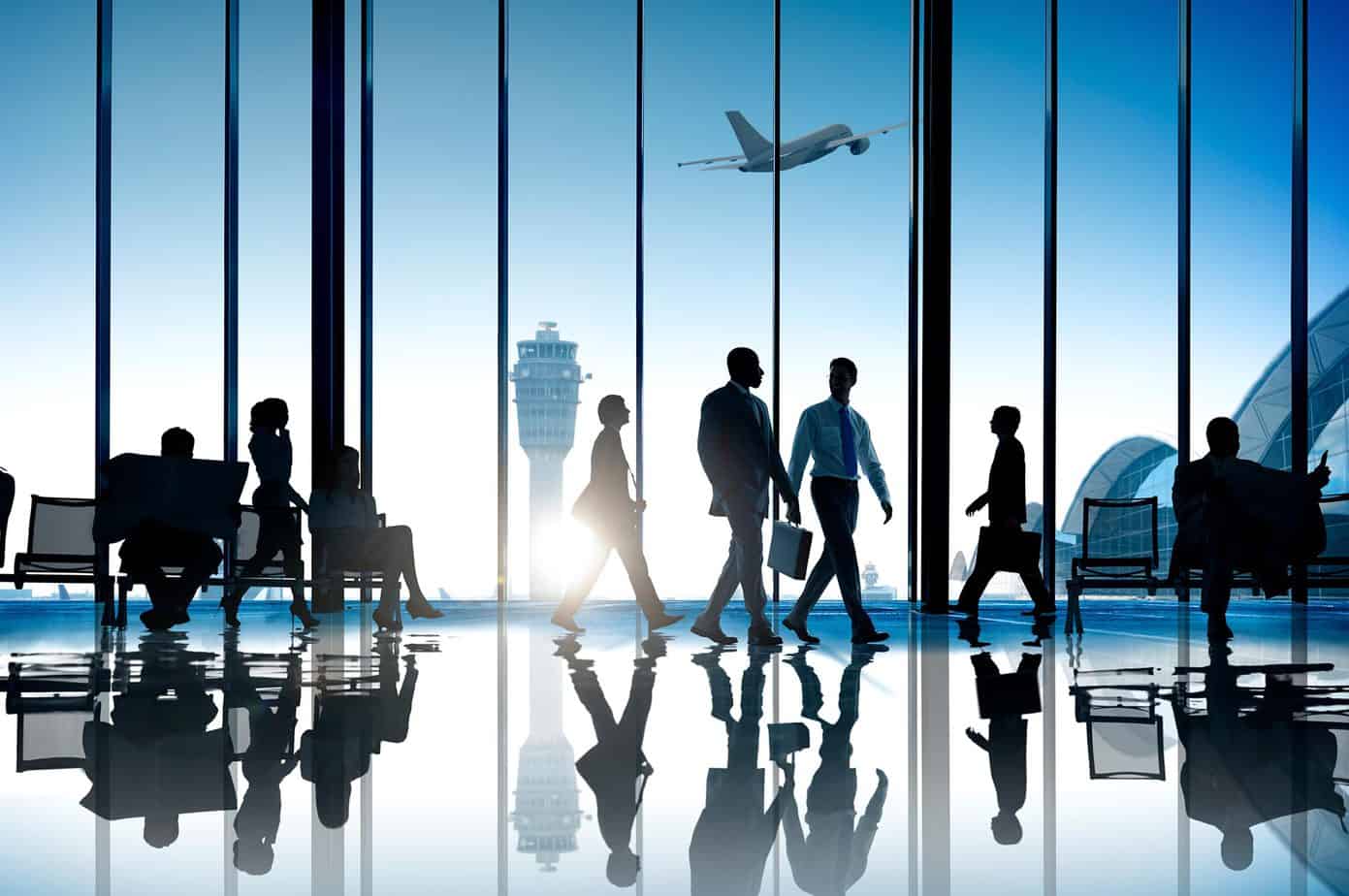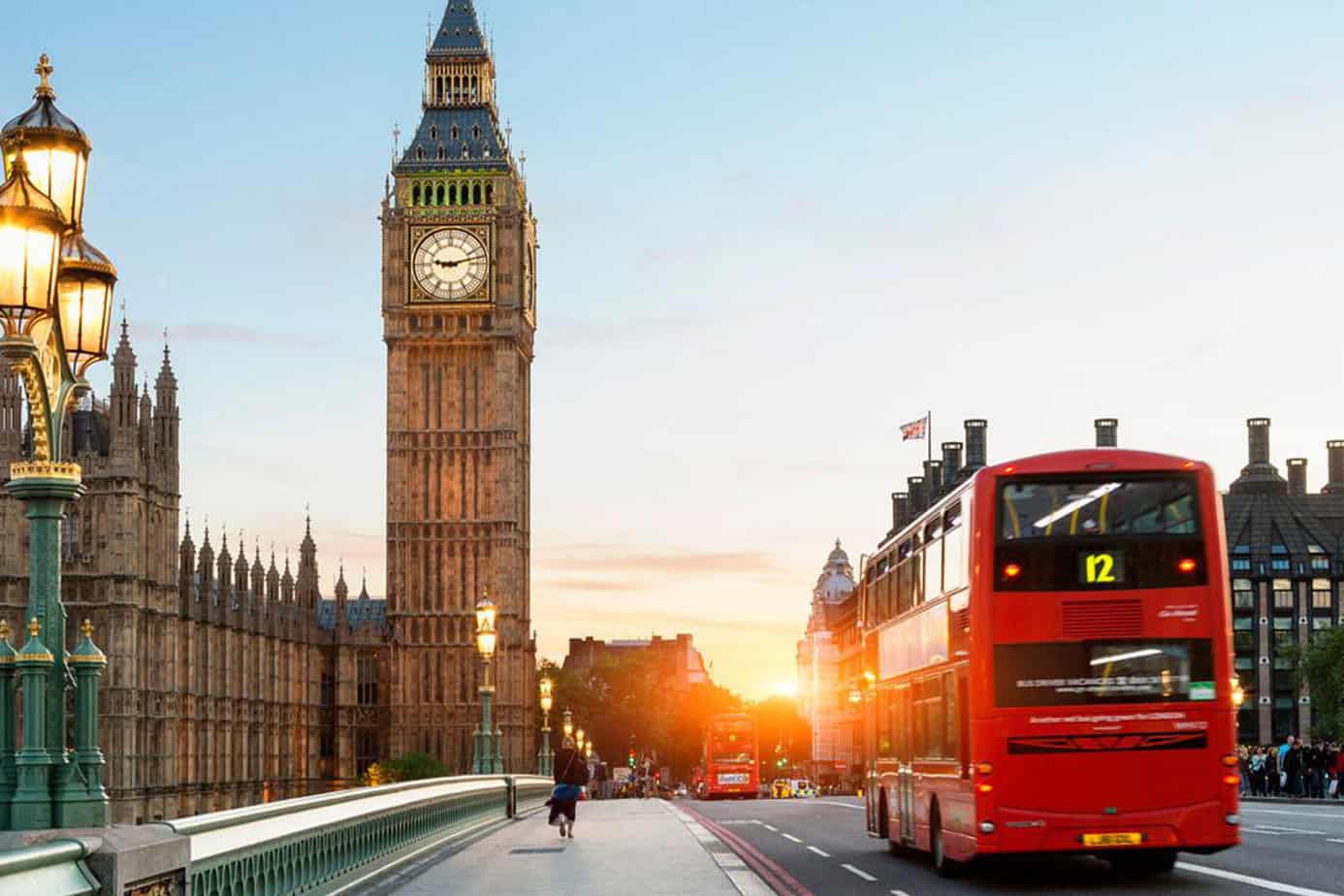
Traveling for work is becoming more and more usual the more connected the world becomes. Even though most countries were in heavy lockdowns for most of the past year and lots of meetings had to be held digitally, it is evident that business travel is already bouncing back to almost the same level was pre-pandemic.
But as exciting as travelling for business can be, it can also come with its flaws. Living out of your suitcase, spending lots of time in different time zones, the constant stressor of catching trains and flights and having to be “on” all of the time to meet up with clients and companies can take a real toll. Here’s how to make the most out of your business travel, for a relaxed and enjoyable time.
Pack Lightly
Packing lightly for your trip will mean that you won’t be lugging around as much weight, making it more of a struggle when you’re trying to catch that connecting train or flight. Use carry-on bags where possible as these will be able to join you in the cabin, meaning that as soon as you arrive at your destination you can be on your way to that important meeting – there’s no waiting around at the carousel for luggage!
It also means that there is no way you will ever arrive in a new country with all of your essentials missing – having to run throughout the city to buy everything new can be very stressful when on a very limited timeframe.
Stay Hydrated
Making sure you drink enough water can be quite a challenge when constantly busy. But especially when having a very full agenda and potentially having less sleep than comfortable, it’s very important to at least make sure you’re hydrated. Even just mild dehydration can give you headaches and feelings of dizziness! In a similar vein, it can also be beneficial to pack a few protein bars since airplane meals often aren’t very nutritious.
Get Some Sleep
Travelling regular can really mess with your sleep pattern and sometimes leave you feeling jet lagged. When you feel like this, the last thing you want to do is sit in a long business meeting. Whilst on your flight or train, try to get some sleep. Especially if you are travelling between time zones.
Don’t forget to bring a neck pillow, eye mask, and some earbuds for maximum sleeping comfort and relaxation. It’s also a good idea to find a relaxing playlist or listen to a podcast as this can often help you focus on falling asleep if your surroundings are quite noisy.
Check you have all of your information ready Beforehand
Did you pack your passport? Have you printed your tickets and boarding passes so that you can glide through check in? Being organised saves time and means that you won’t be stressing about potentially being late or missing your flight. Don’t forget to arrange transport for once you arrive and find out things like the opening times of your hotel restaurant so that you won’t be going to bed hungry. See what transport offers are available if you arrive at a time when public transport and trains are still running.
It can also be very important to already plan beforehand which restaurants you want to try and where you can stock up on staples if you need anything. Also try to make sure you know how your hotel operates – nothing worse than wanting to keep in shape and keep up with your routine and finding out the gym is only open for certain hours at a time for example.
In a similar vein, choosing one hotel chain and sticking with it also means that often times you can make use of their loyalty programme, similar to benefits offered by many airlines. From free stays in hotels to free amenities, discounts or even complimentary room upgrades.
Find the time to experience the city
Travelling for business shouldn’t be all work and no play. Make sure you make the time to explore the city and at least have a few hours to yourself each day for rest and relaxation. After meetings, take a walk by the local stores and eateries on your way back to the hotel and find something new to try. After all, what’s the point in travelling for work if you don’t get to see what new destinations have to offer?
It can be very helpful to already mark down some places you want to see or restaurants you want to try beforehand on Google Maps and downloading the offline map, just in case. Also make sure to always have some local currency as opposed to just a credit card – in some countries you might want to try out some street food where they just take cash.




